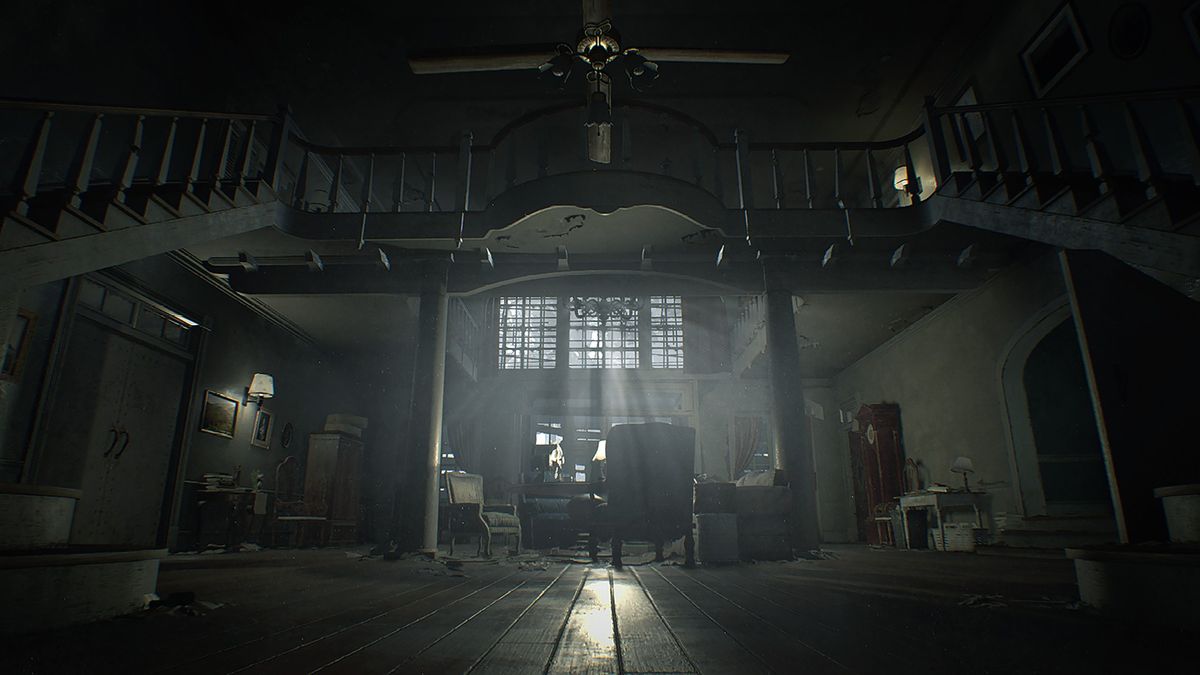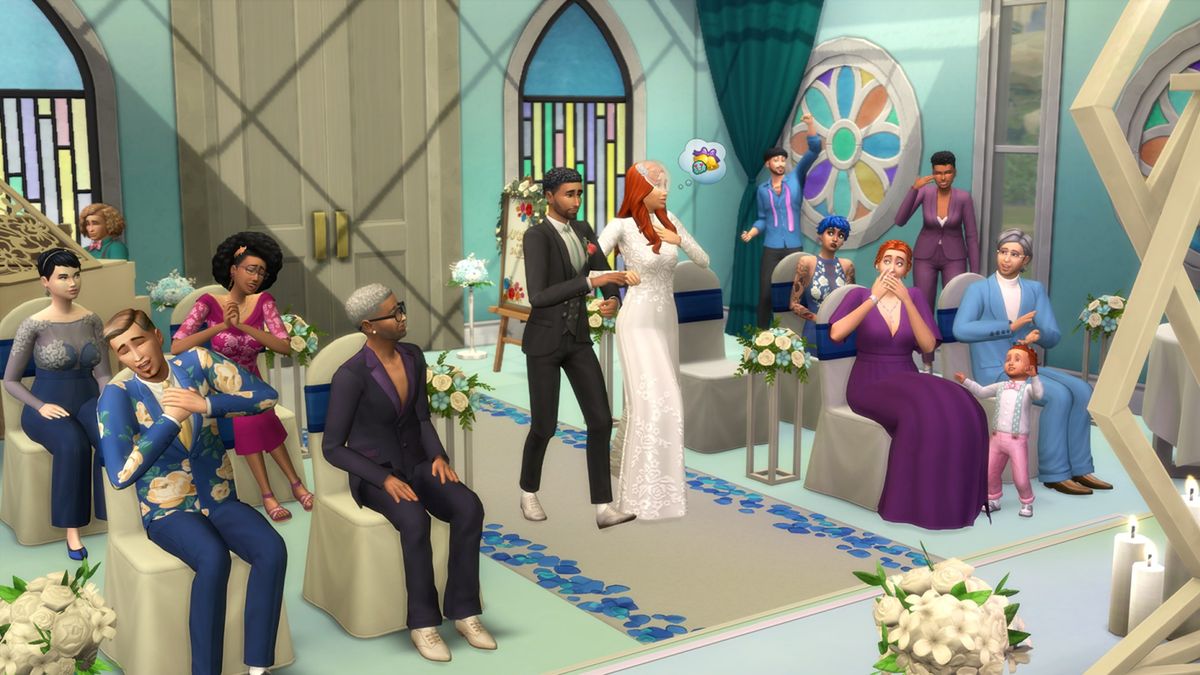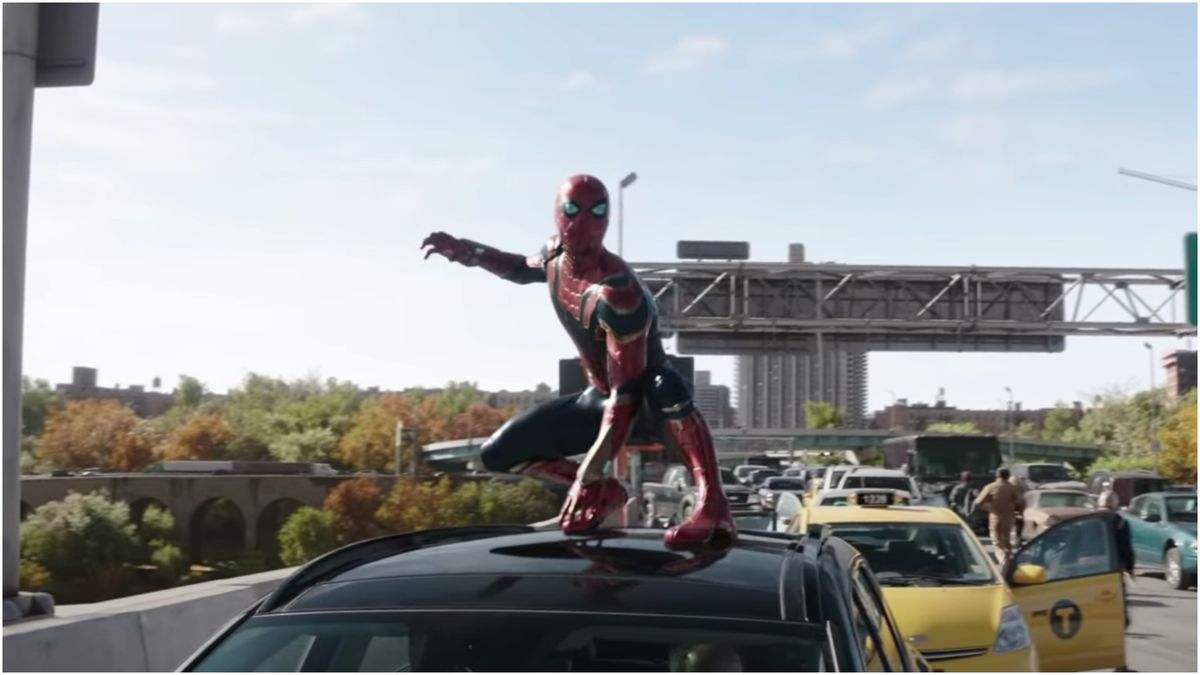“It is a very strange sensation doing quiet, very emotional scenes, with full wrestling hair and make-up on,” reflects GLOW lead Betty Gilpin (Debbie / Liberty Bell) while discussing the heightened emotions and very on-the-nose issues of season 2. It gets to the heart of what makes Netflix’s accomplished female-wrestling comedy such complex and gripping TV. This second outing of Gorgeous Ladies Of Wrestling is a different beast to the original, marking a subtle shift in focus from a group of women trying to find their place in the world to that same collective trying to claim a piece of it for themselves. Sure, GLOW 2 has the same neon-drenched, ‘80s glam look, but the plotlines – unlike the wrestlers themselves – are pulling absolutely no punches this time round.
Season 2 starts a couple of months after the finale of the original, and the girls – along with director Sam Sylvia, producer Bash, and a bunch of new crew-members – are tasked with making a recurring show. As you’d expect, it’s not the actual filming of a ladies-only wrestling programme that throws up the real challenges, but the personal, group, and social problems inherent in its creation and distribution.
A whole host of major societal topics are up for discussion, with the first half of the season tackling issues of gender exclusion, class, single parenting, racial stereotyping, divorce, and sexual harassment to name but a few. Much of the show is incredibly well observed, almost spookily so, given how it mimics and passes judgement on some very current events in the movie and TV industries.
“It was written before the #MeToo movement was at the forefront of our industry, and we shot it amidst all the controversy that was going on,” explains Alison Brie (Ruth / Zoya). “It was really interesting to shoot because – with all the #MeToo stuff happening – it has certainly made me stop and think about my experiences in this industry, and if and when I’ve felt objectified or put in an uncomfortable position, and how often we’ve tried to excuse away certain behaviours.”
No spoilers here, but she’s talking about a specific moment that happens mid-way through the season, and it’s one of the most powerful storylines in not only this show, but of 2018’s entire slate of TV. GLOW 2 handles these difficult topics with aplomb, however. Beneath the ridiculousness of the large hair and loud Lycra worn by the wrestlers, there are some wonderfully grounded, believable characters, who can tackle weighty subjects in a human, respectful way, but still deliver genuinely hilarious lines in between.

Read more

The best shows on Netflix (opens in new tab)
When discussing the cast, Brie says “they’re struggling with a whole new array of challenges including things like small-time fame, and having fans, and the way that people are perceiving them on the show”. The balance between comedy and commentary in GLOW is sublime, but never easy to watch. In season 1 almost all the ladies adopt overly stereotyped characters to both garner initial interest in the show, and to create clearly defined hero vs villain matches. Season 2 deals with what happens when you have to live with those personas. Arthie’s ‘Beirut’ (the terrorist) is an obvious example, and the way she attempts to escape her on-stage character is heartbreakingly poignant. But the show doesn’t stop at the obvious stereotypes, and examines the potential conflict in almost the entire cast. There’s rich TV material here, and GLOW 2 knows how to mine it.
Delivering serious messages through an amusing lens has always been GLOW’s forte, and season 2 gambles on delivering heavier stuff with even smarter, wittier writing. “Something I love about the show is how light-hearted and positive it is,” says Brie. “I think we need positivity right now, but it doesn’t mean that we shy away from real issues. And comedy has always been a tool to hold a mirror up to society and human behaviour.”

One early scene – from the first episode – sees the girls being given contracts to sign for their TV run. While they flick through all the legalese, struggling to digest it all, one of them simply jokes “Why didn’t they just write ‘We own you’!”, which causes a few laughs among the assembled characters. That culture of exploiting female actors in the ‘80s (and, yes, even today) is later highlighted when Debbie has her contract rewritten by network executive Glen, to elevate her to become a Producer on the show.
It’s a power play that frustrates an already flustered and ego-smashed Sam, creating the kind of unbearable tension and conflicting emotions you simply don’t see in many comedy shows. Not only is GLOW 2 showing the positive action that was required for change in the ‘80s, but also the cost it came with. It all amounts to a second season that feels like it’s genuinely elevating the show, pushing it to new places, and delving deeper into a bunch of characters that demand more screen time. “I felt we barely scratched the surface with the first season so I hoped and felt like we had to have a season 2,” enthuses Brie. “Just like now we have to have a season 3… right, Netflix?”
GLOW season 2 is available on Netflix from 29 June. This article originally appeared in Total Film magazine (opens in new tab).
 Game News Video Games Reviews & News
Game News Video Games Reviews & News



